What might the European parliamentary elections mean for farming? In this month’s regular column from CEJA (European Council of Young Farmers), Massey Ferguson speaks to President, Matteo Bartolini about the possible outcomes and finds out more about CEJA’s latest campaign to target the new parliament.
MF: The European elections are just around the corner (22-25 May). Can you tell us a little more about them and why they are important?
MB: If you are a citizen of the European Union, then you are eligible to vote for one of your MEP candidates. 751 MEPs will then be elected to represent you and your region in the European Parliament for the next five years. They will have the power to amend, approve or reject a majority of EU legislation. The number of MEPs is in fact decreasing this year from the current number of 766 to 751 (750 MEPs and a President). Although you may still think 750 is a high number, it is not a lot to represent over 500 million citizens! We are yet to get a clear idea of the anticipated results of the elections but it seems there may be a move to the right this time. Although this should not pose much of a risk to agricultural support, it may mean a more conservative approach to a number of upcoming free trade agreement negotiations between the EU and other regions which could have an impact on European farmers.
MF: The European Parliament is made up of a number of different Committees, which is the most relevant for CEJA?
MB: This is the Committee for Agriculture and Rural Development (COMAGRI). COMAGRI’s current members have had a significant impact on the shape of the new Common Agricultural Policy (CAP) and, therefore, can influence EU policy and decision-making which have a direct and important impact on European farmers. This is particularly the case since the structural changes to the EU decision-making processes made in 2009 which strengthened the Parliament’s powers, notably in agriculture.
MF: How has the increase in Parliament’s powers had an effect?
MB: Agriculture is an area which came under what is known as ‘co-decision’ for the first time in the latest reform. In essence, co-decision gives equal weight to the Parliament and Council in decision-making, greatly increasing the Parliament’s powers. This has been borne out recently by the members of COMAGRI who proved their increased influence by engaging heavily and negotiating hard with the European Council during the latest CAP reform. The Parliament gained some significant ground from the Council on a number of issues, notably that of young farmers, where one measure in particular was supported by the Parliament but not by the Council. Despite this, the measure can now be found in the final regulations. This is a real, practical result and underlines why pushing our case in the European arena is crucial.
MF: Tell us about your new campaign
MB: We’ve just launched a campaign targeting the new Parliament once it is elected at the end of this May. As well as returning MEPs with whom CEJA has engaged before, there will be a large number of new MEPs including some on the Agriculture Committee. They must be made aware of the demographic crisis in European farming and the challenges which stand in the way of young farmers today. This will help ensure that they can work towards a better food supply chain in Europe for both producers and consumers, as well as ensuring the future of European high-quality, safe and diverse food. It’s worth reminding everyone that only 7% of European farmers are under the age of 35 compared to a third over 65.
MF: How are CEJA members getting involved in this campaign?
MB: CEJA’s members – young farmers from across the EU – have been recording videos outlining the current agricultural situation in the EU from their own perspective. This includes the challenges which lie ahead of them and what they need from their MEPs to overcome these. The Brussels CEJA secretariat is liaising directly with MEPs to transfer the videos to them and request a response to the questions posed. This will hopefully lead to a number of video messages which will in turn become a direct but public conversation between MEPs and young farmers outlining what is at stake. It will also highlight why and how such challenges may be overcome with the use of policy tools. CEJA hopes this will raise awareness of the issues, encourage MEPs to be proactive about them and open a genuine dialogue between MEPs and those they represent - such as us, Europe’s young farmers.
If you would like to get in touch with Mr Bartolini or CEJA, email allusers@ceja.eu
Go to: Massey Ferguson Global Facebook page
Go to: CEJA Young Farmers Facebook page

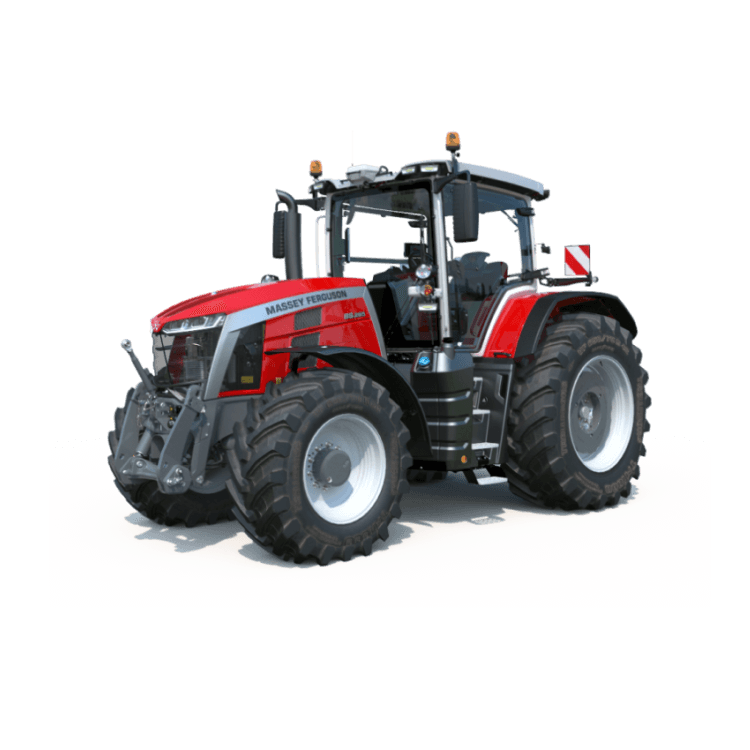
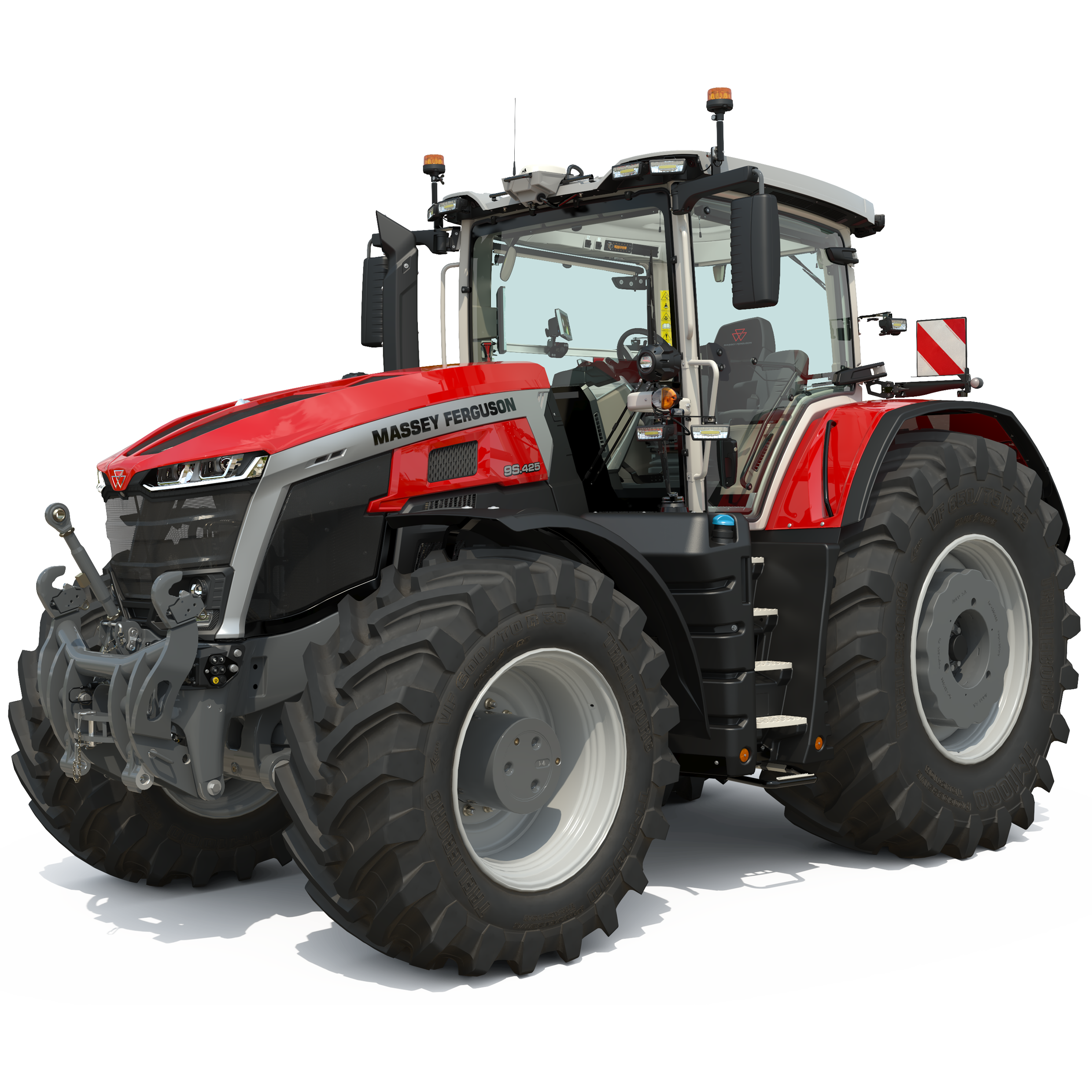
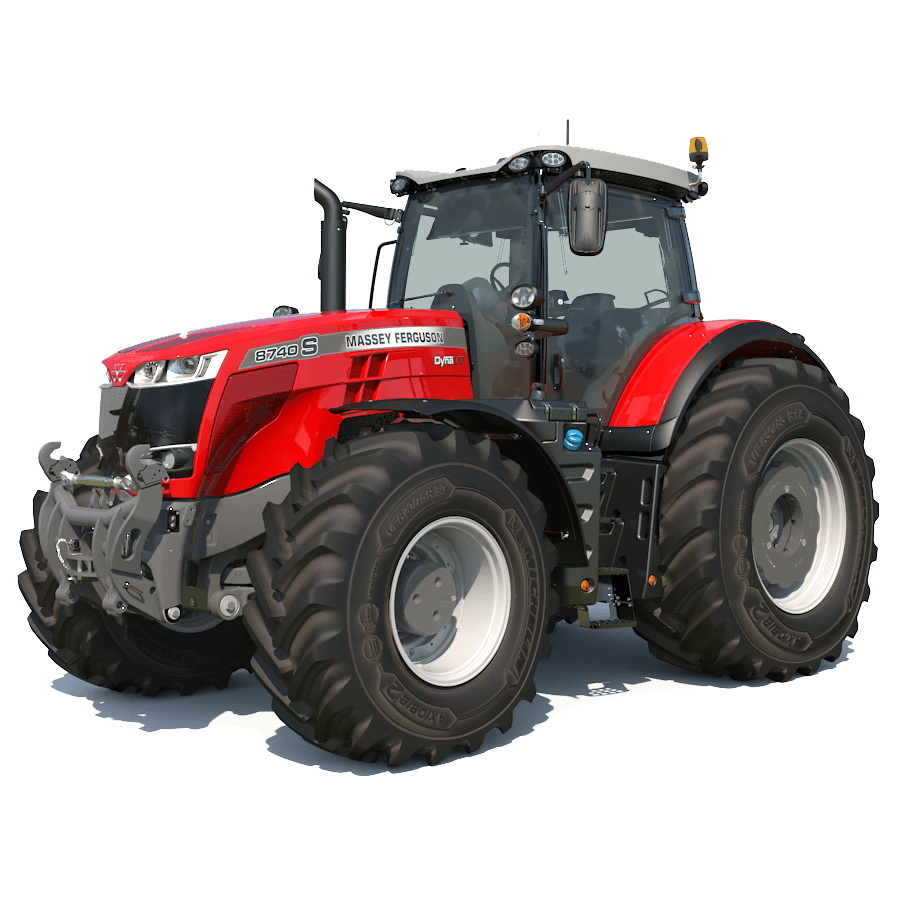
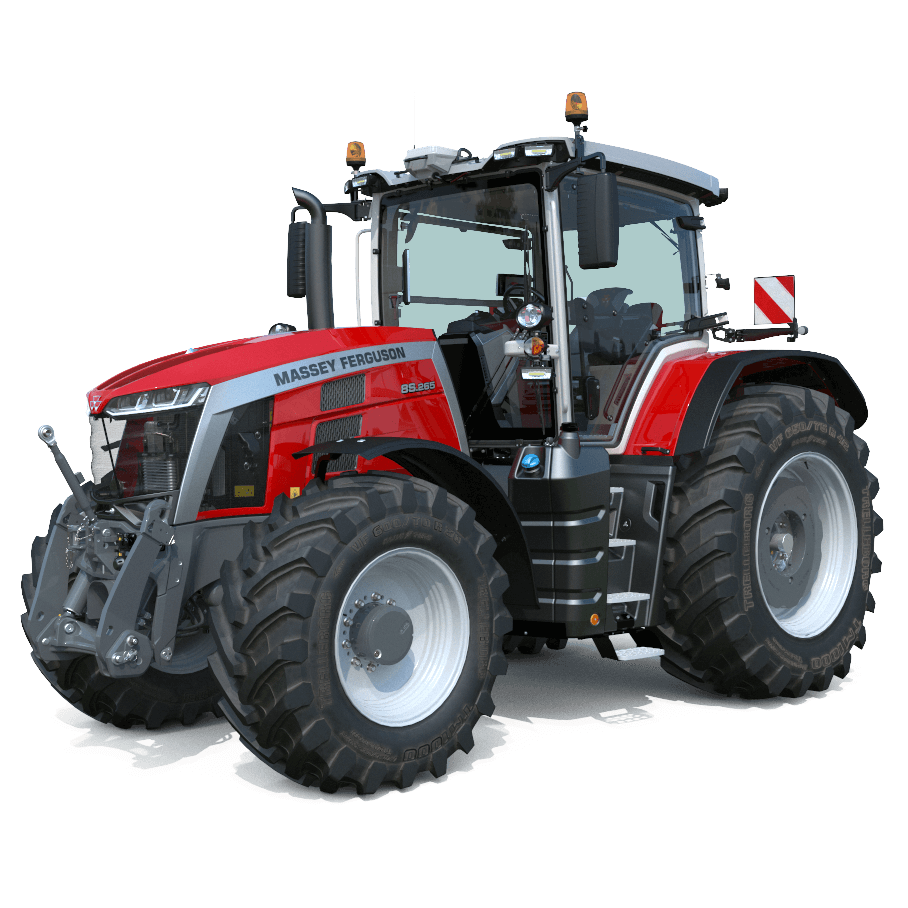
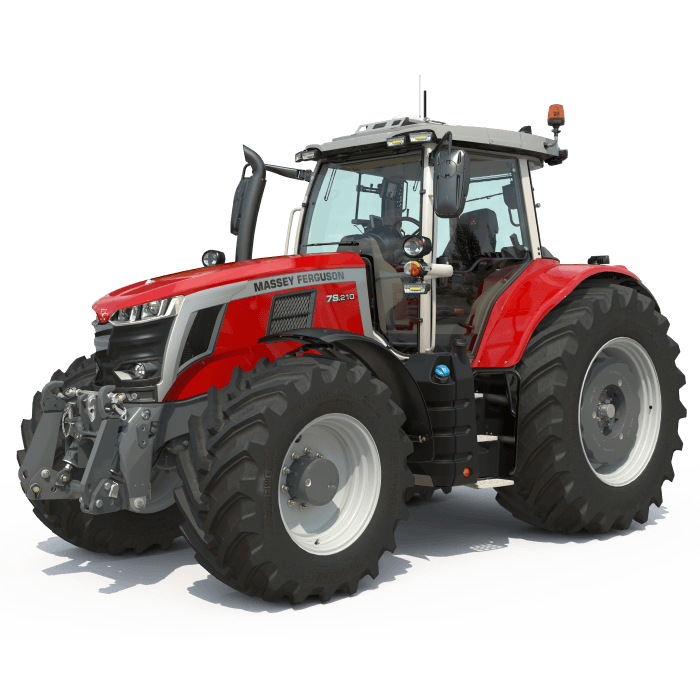
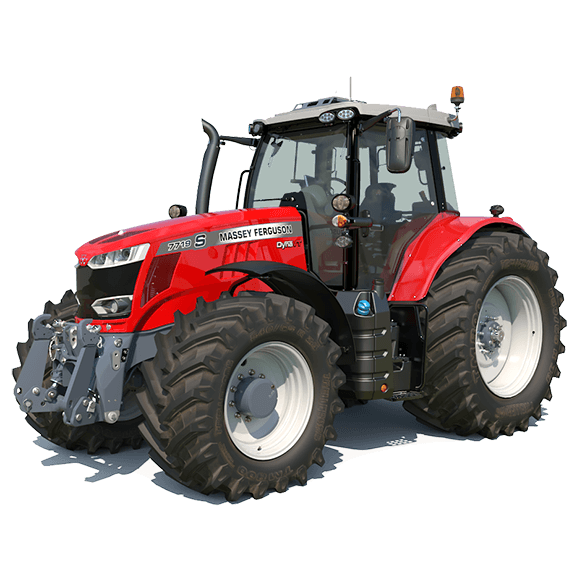

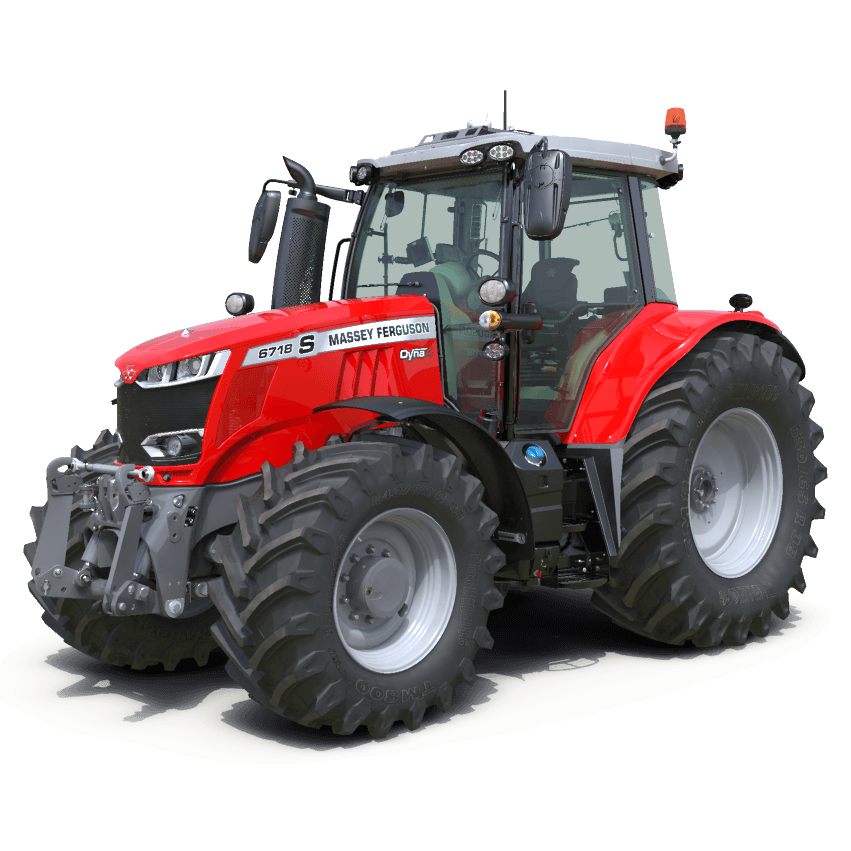
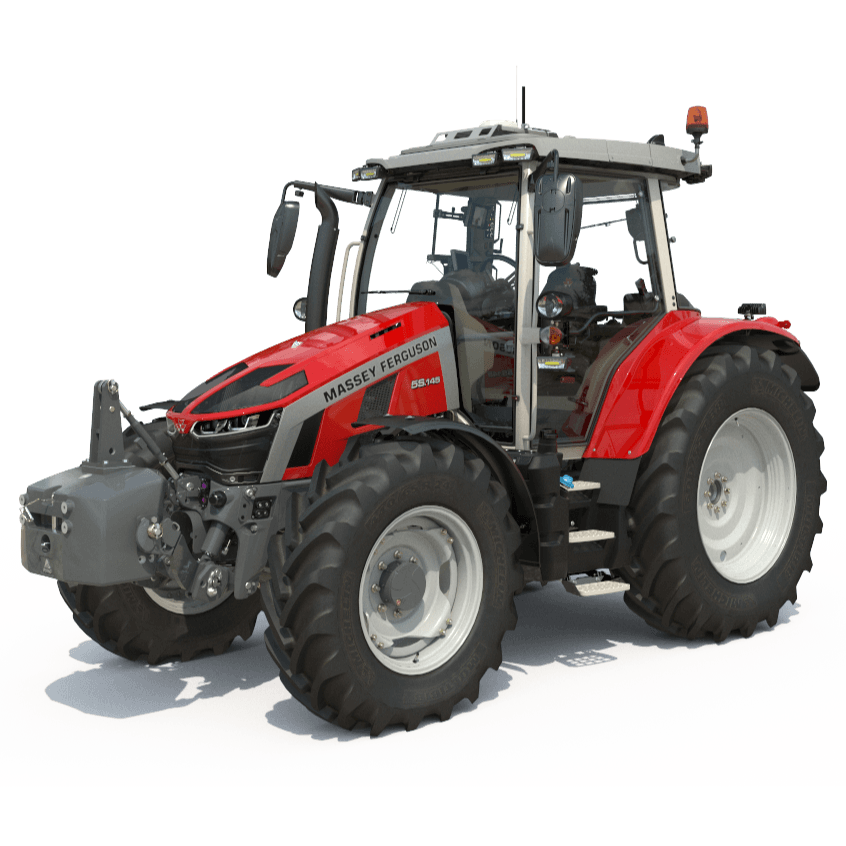
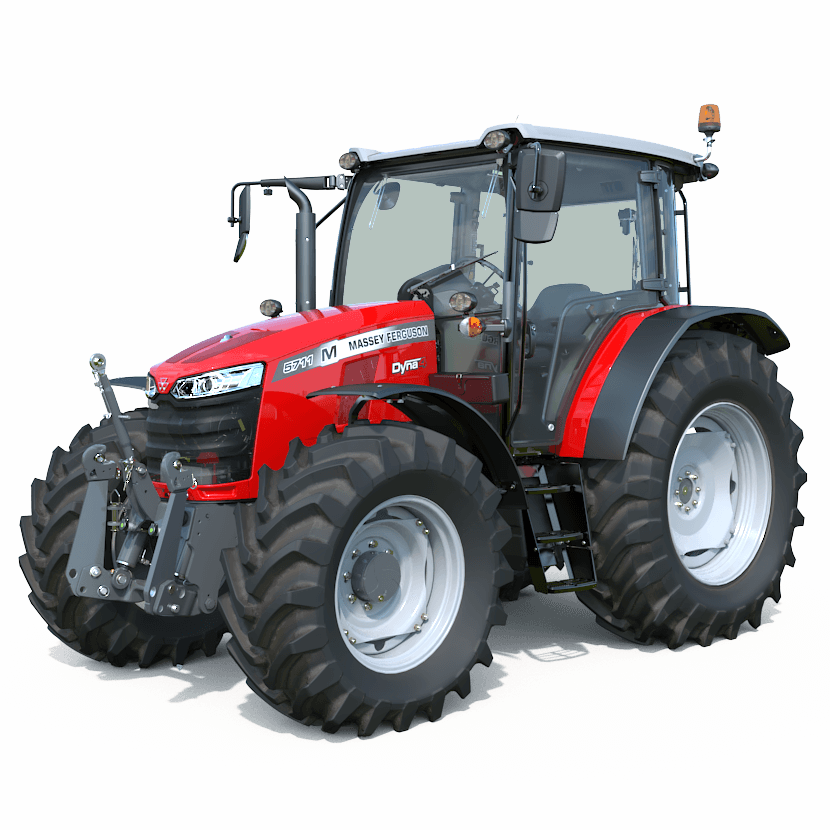
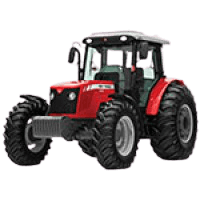
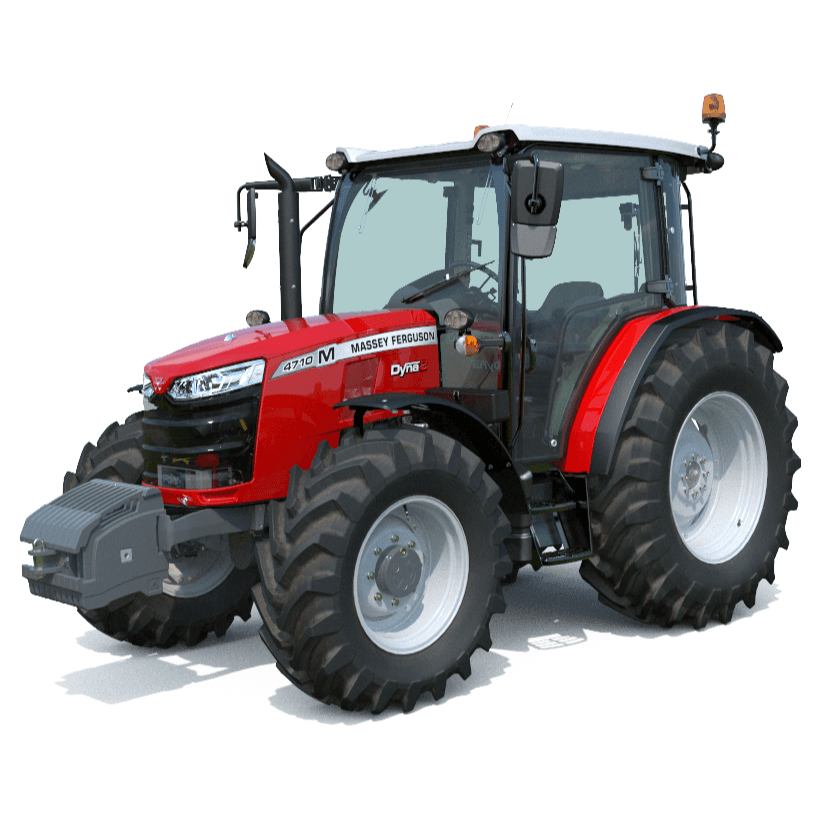
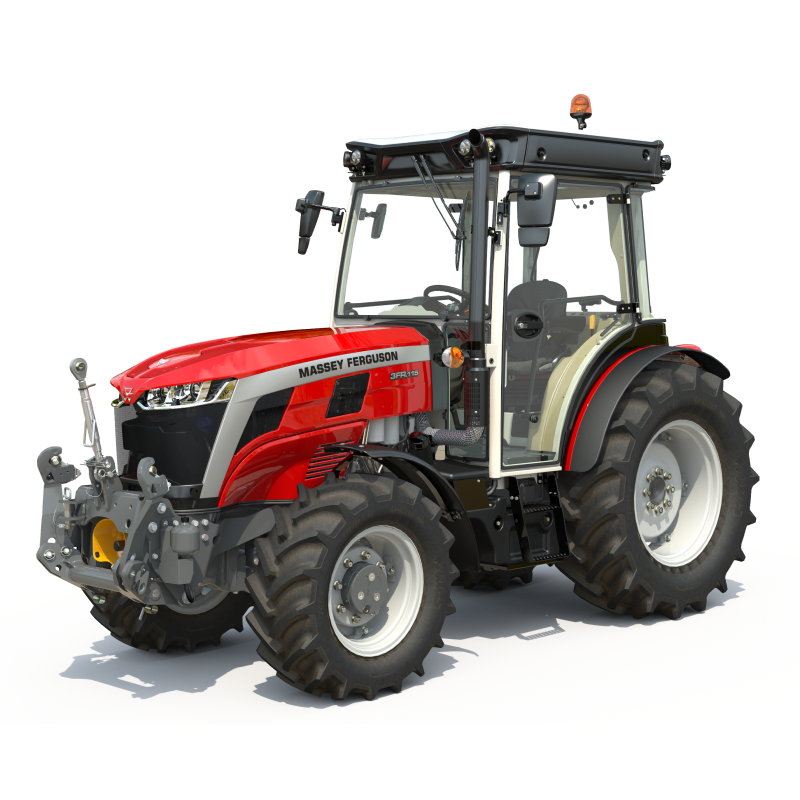
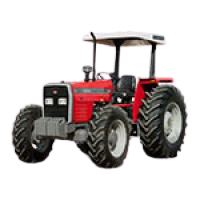
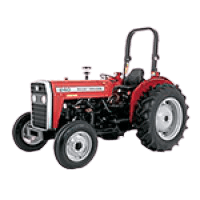
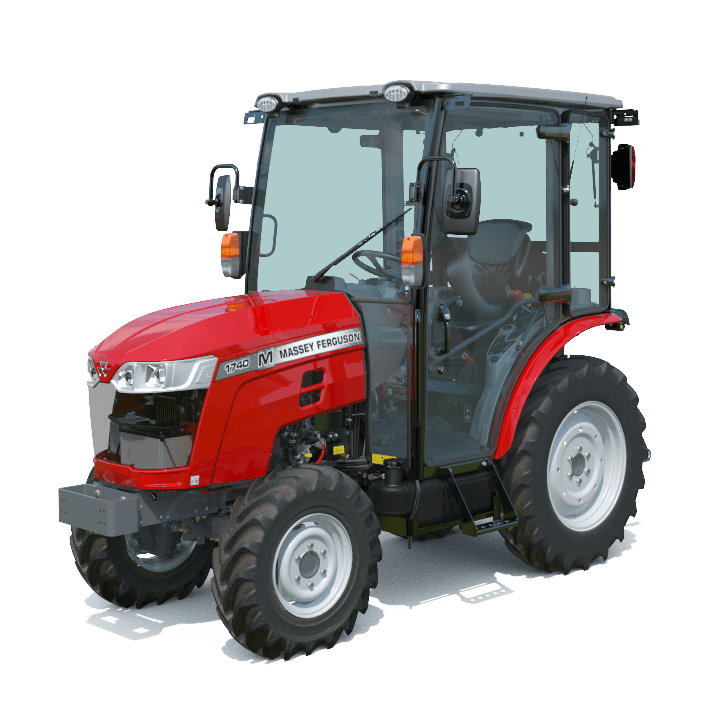
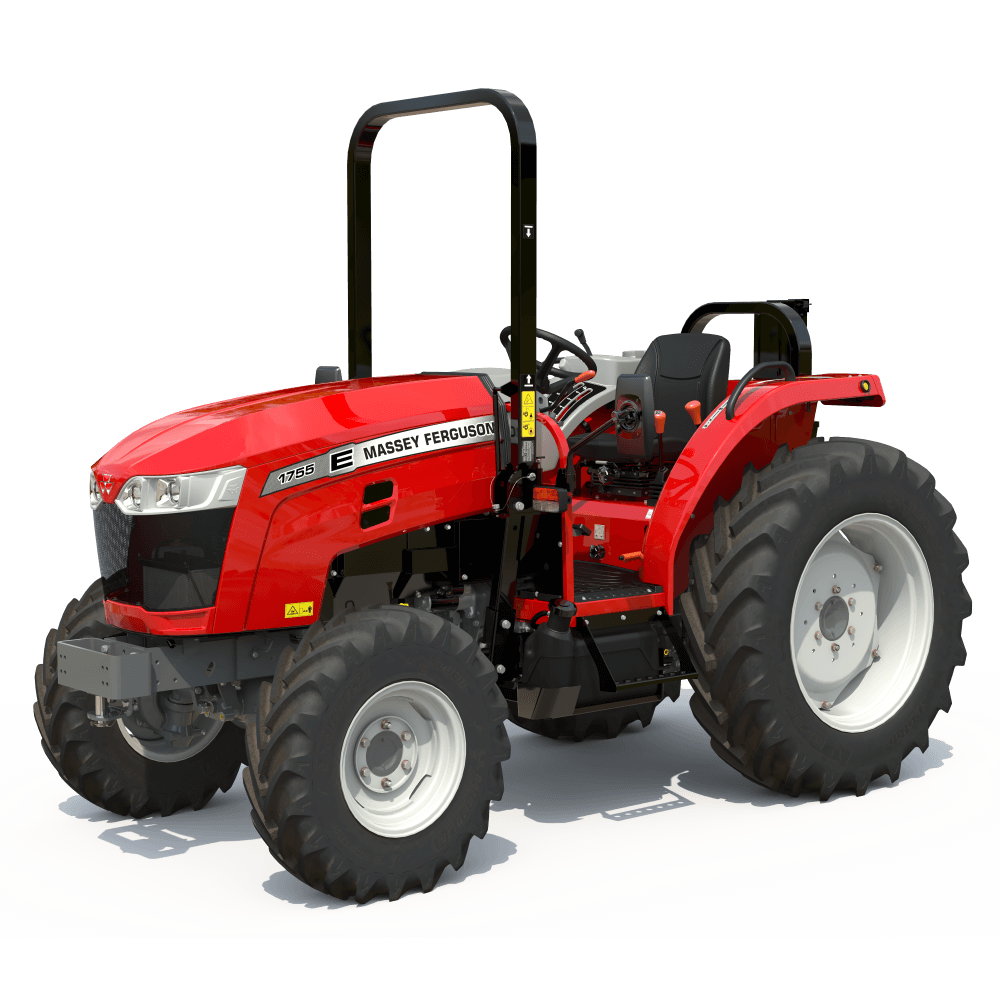

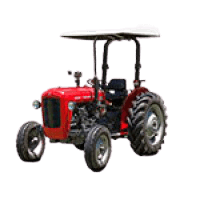
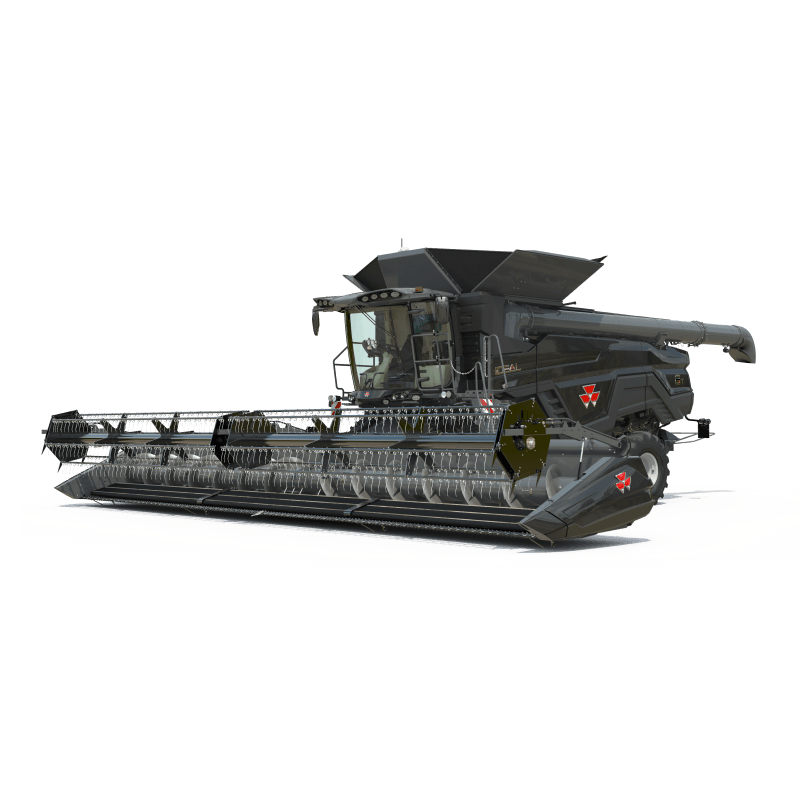
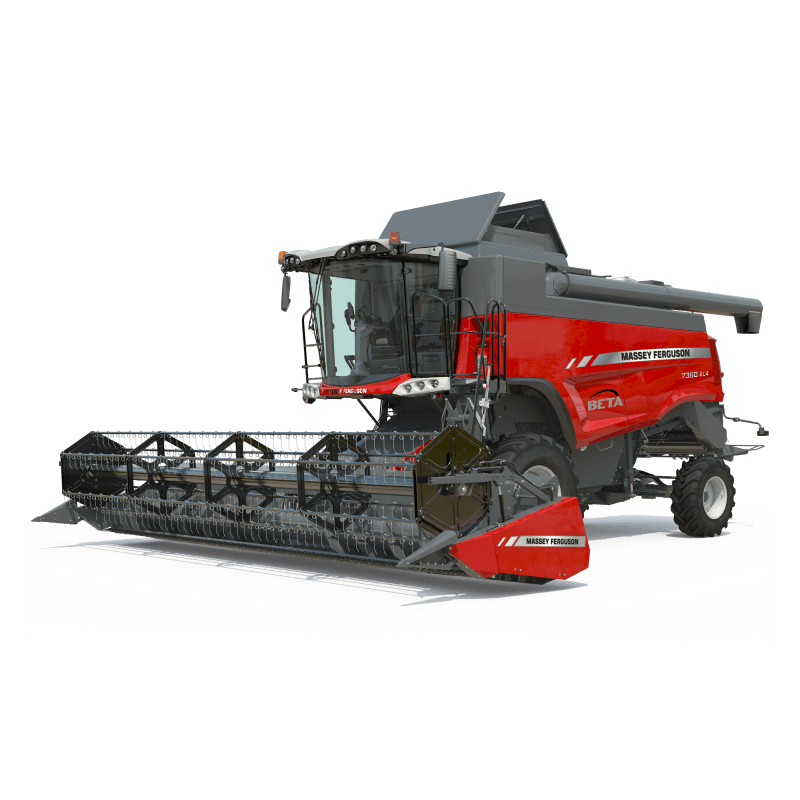
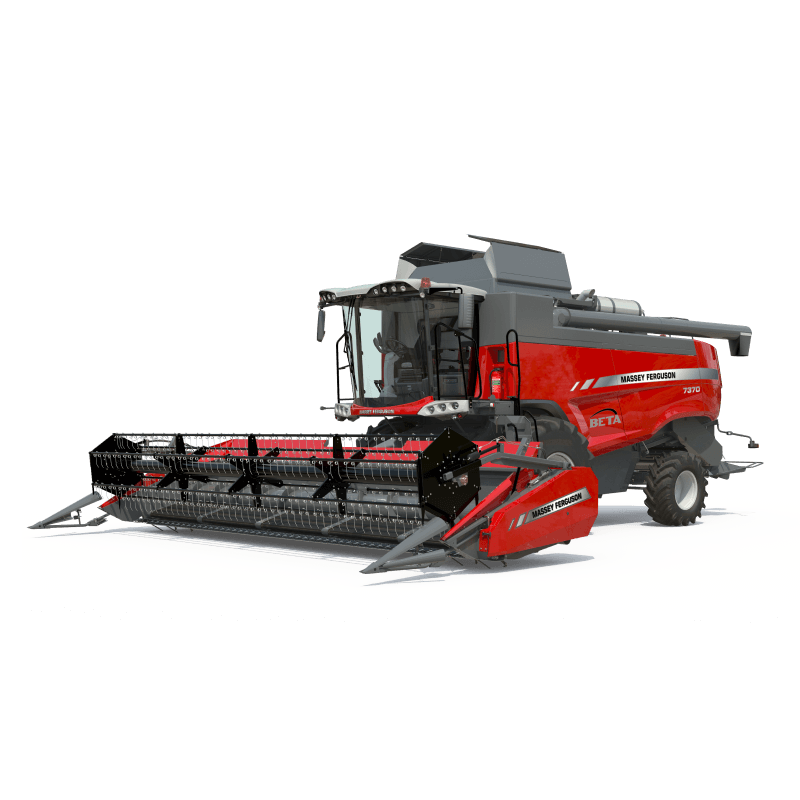
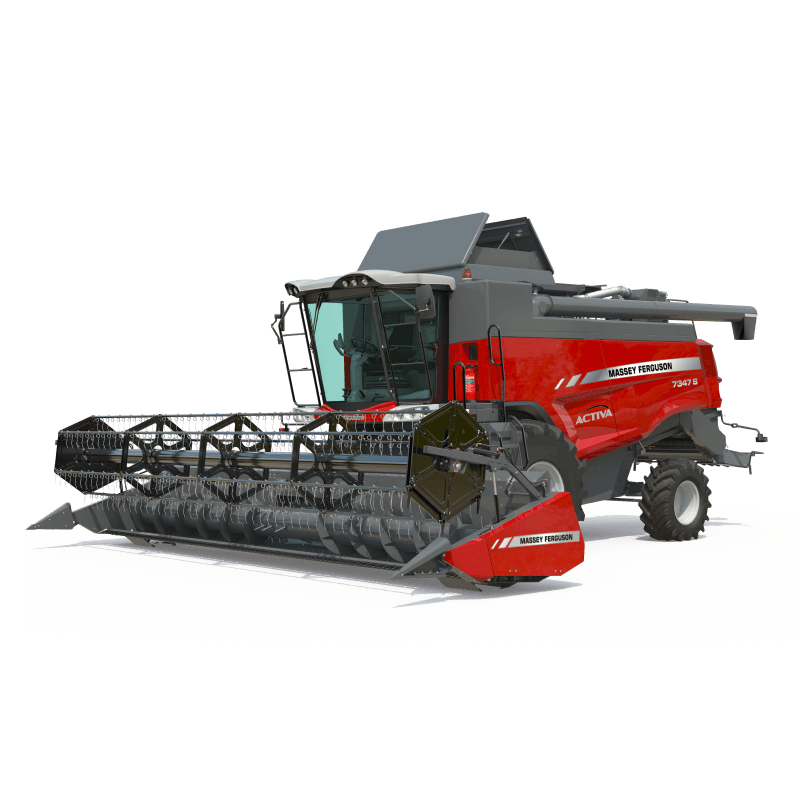
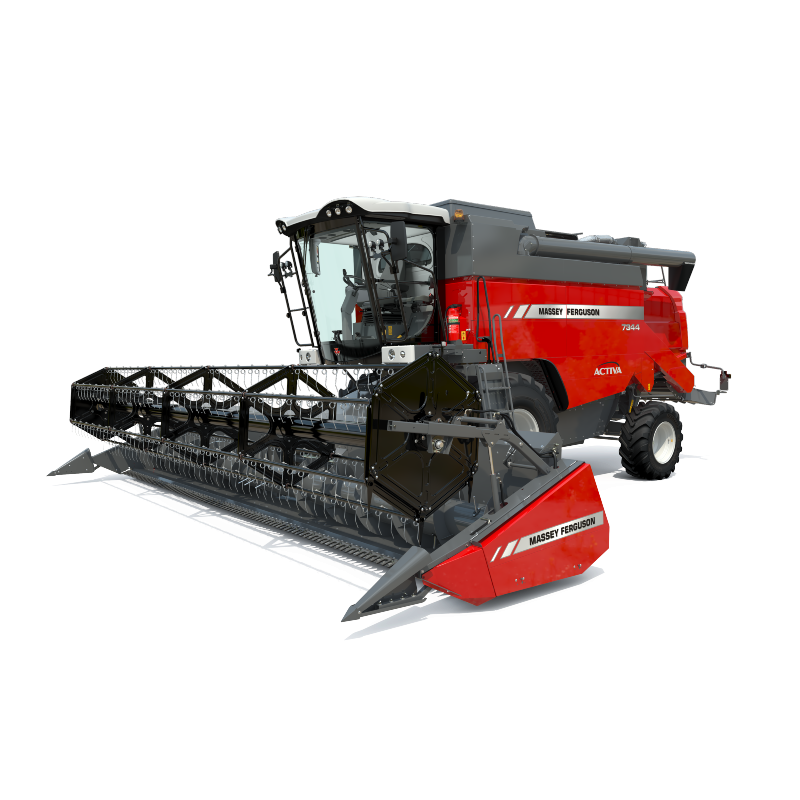
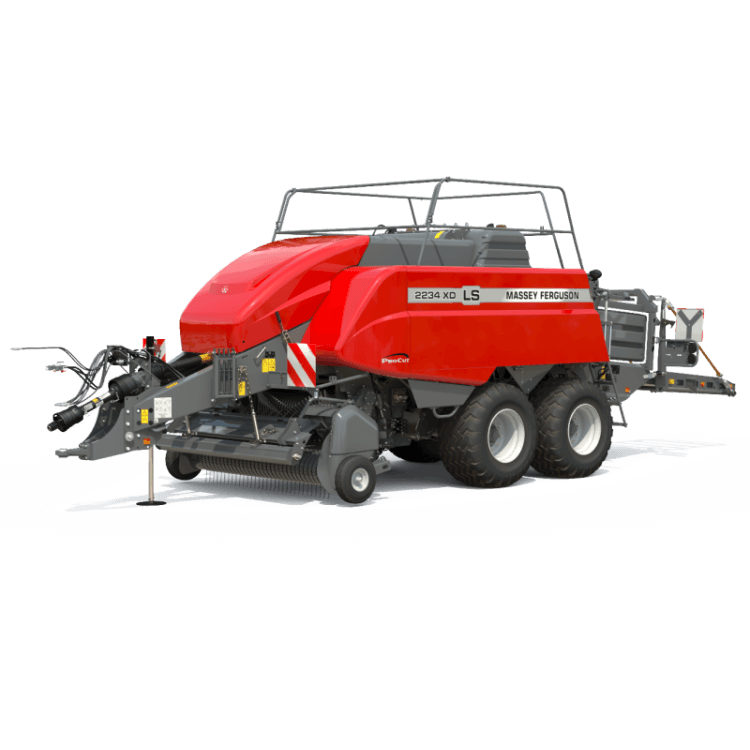
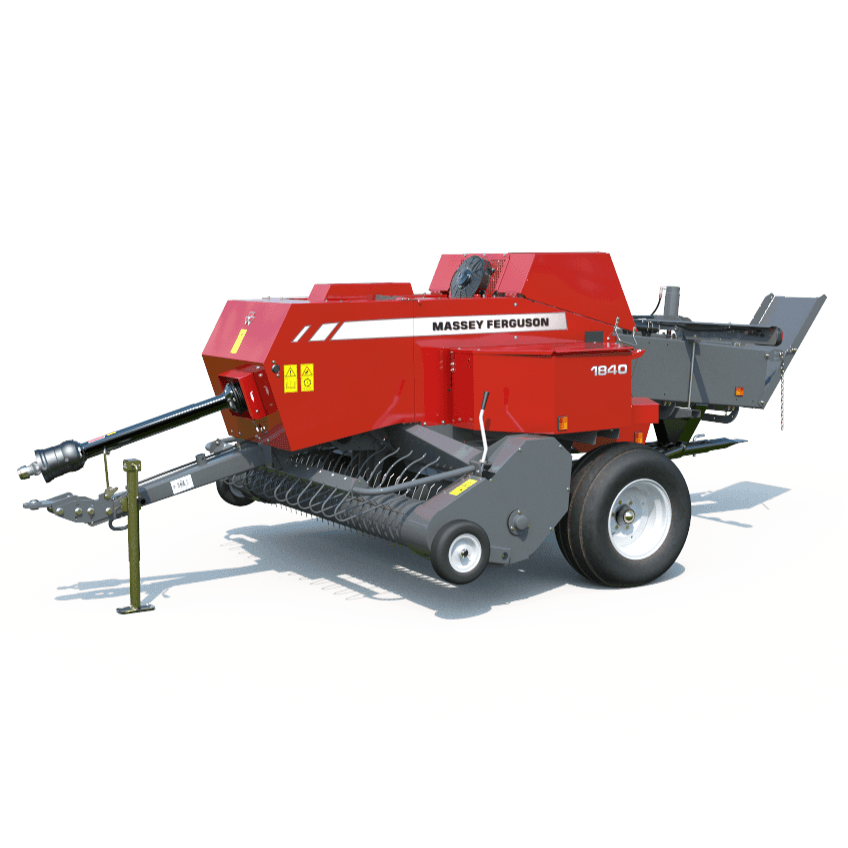
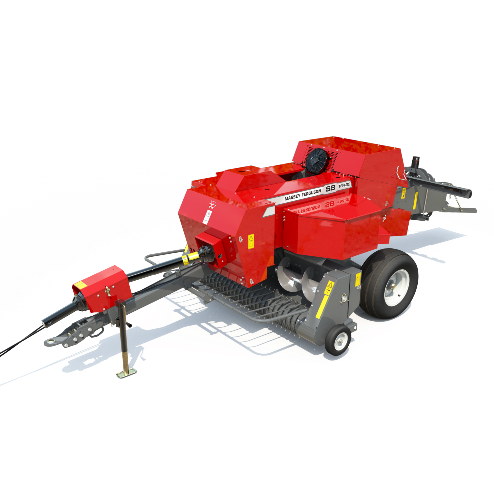
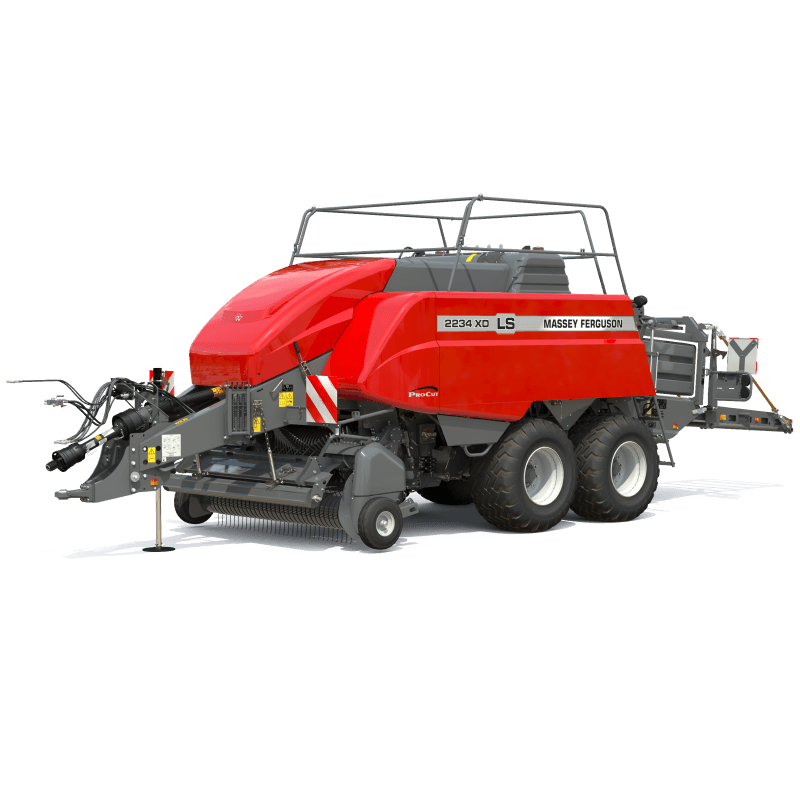
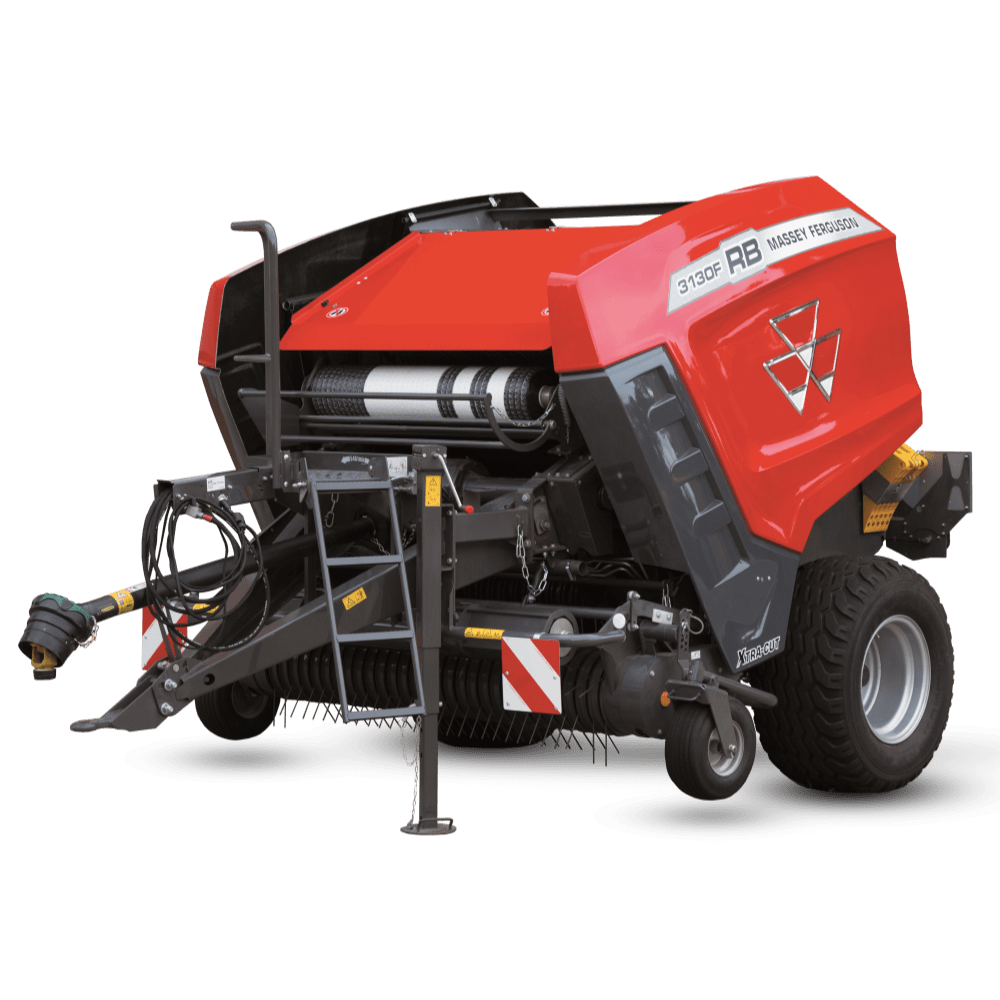
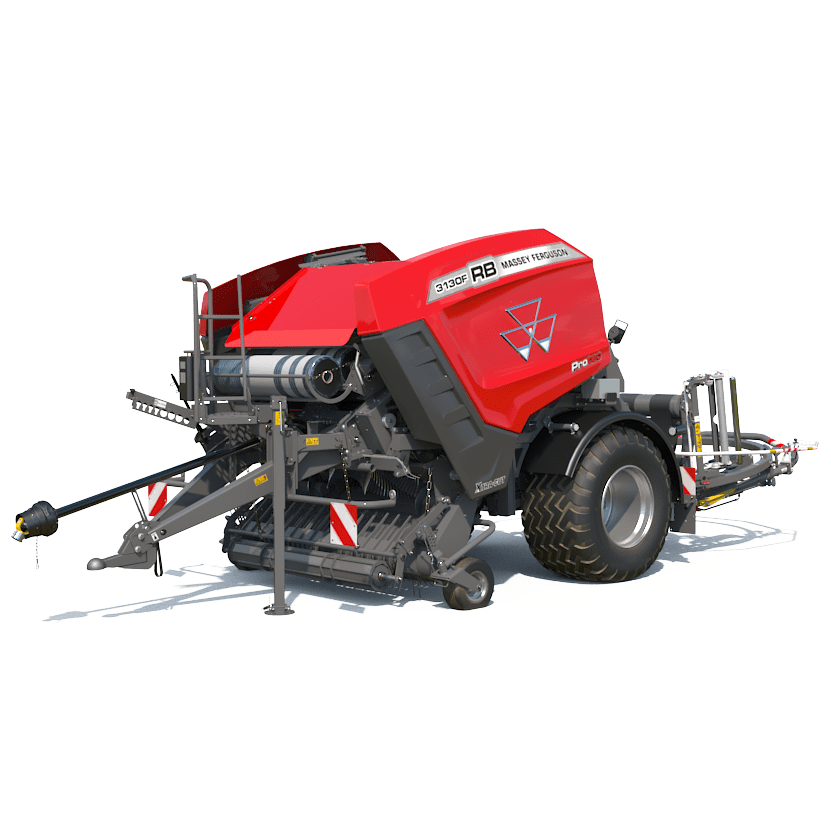
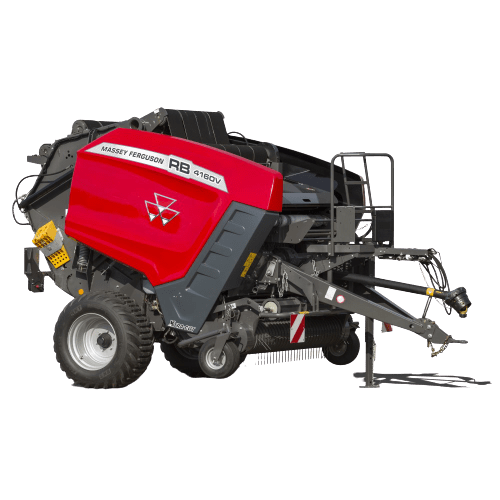
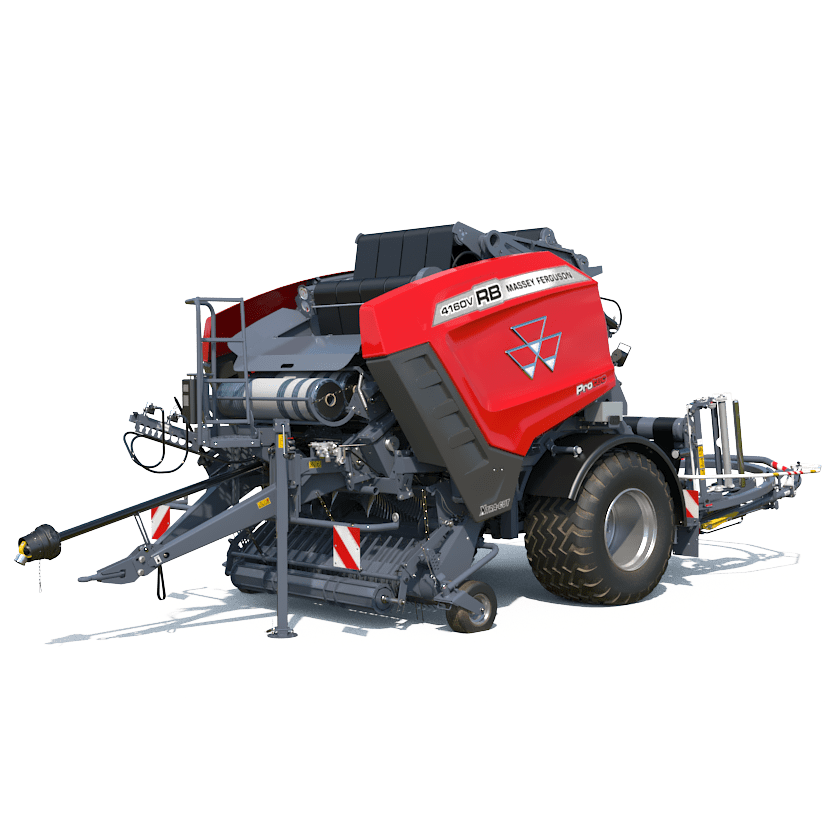

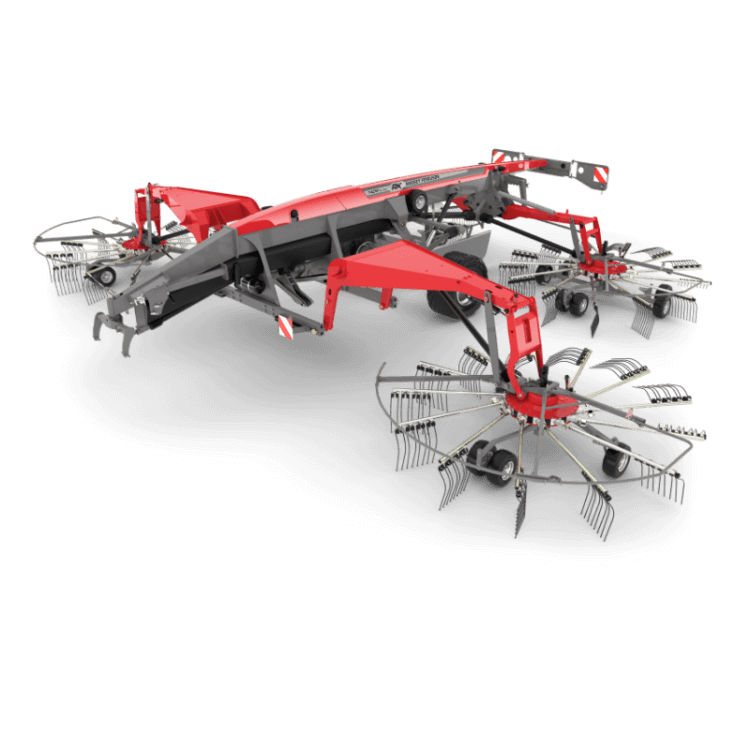
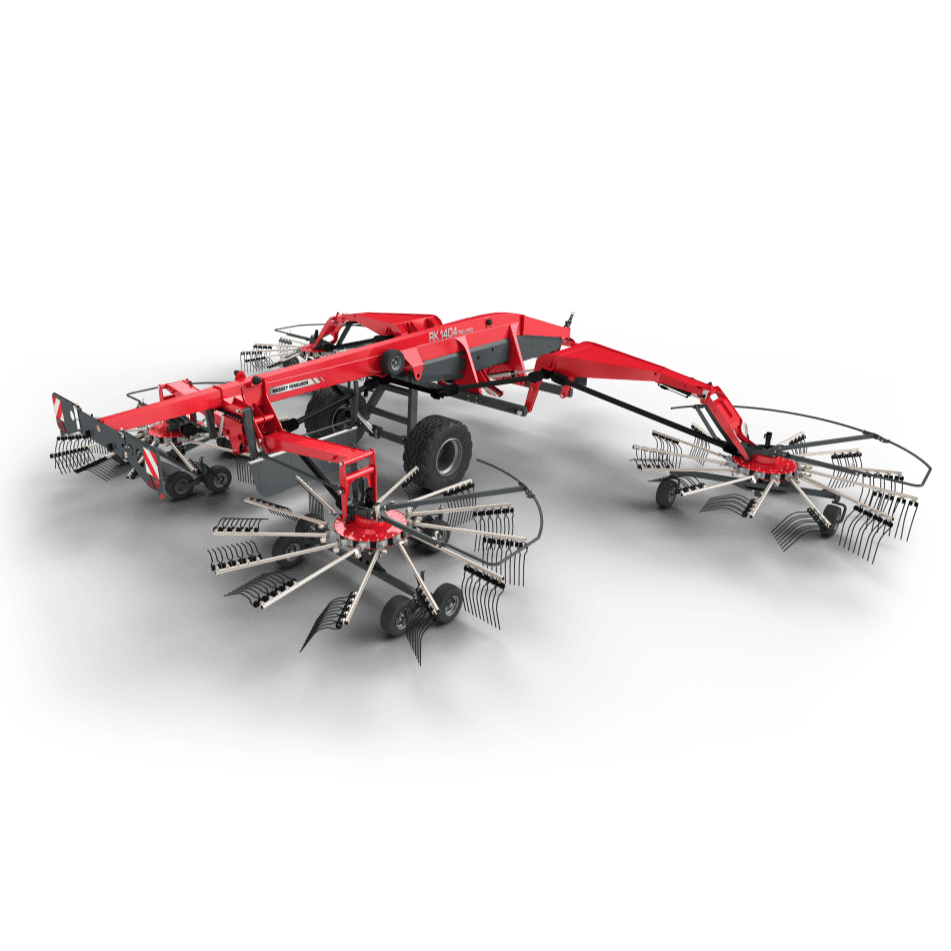
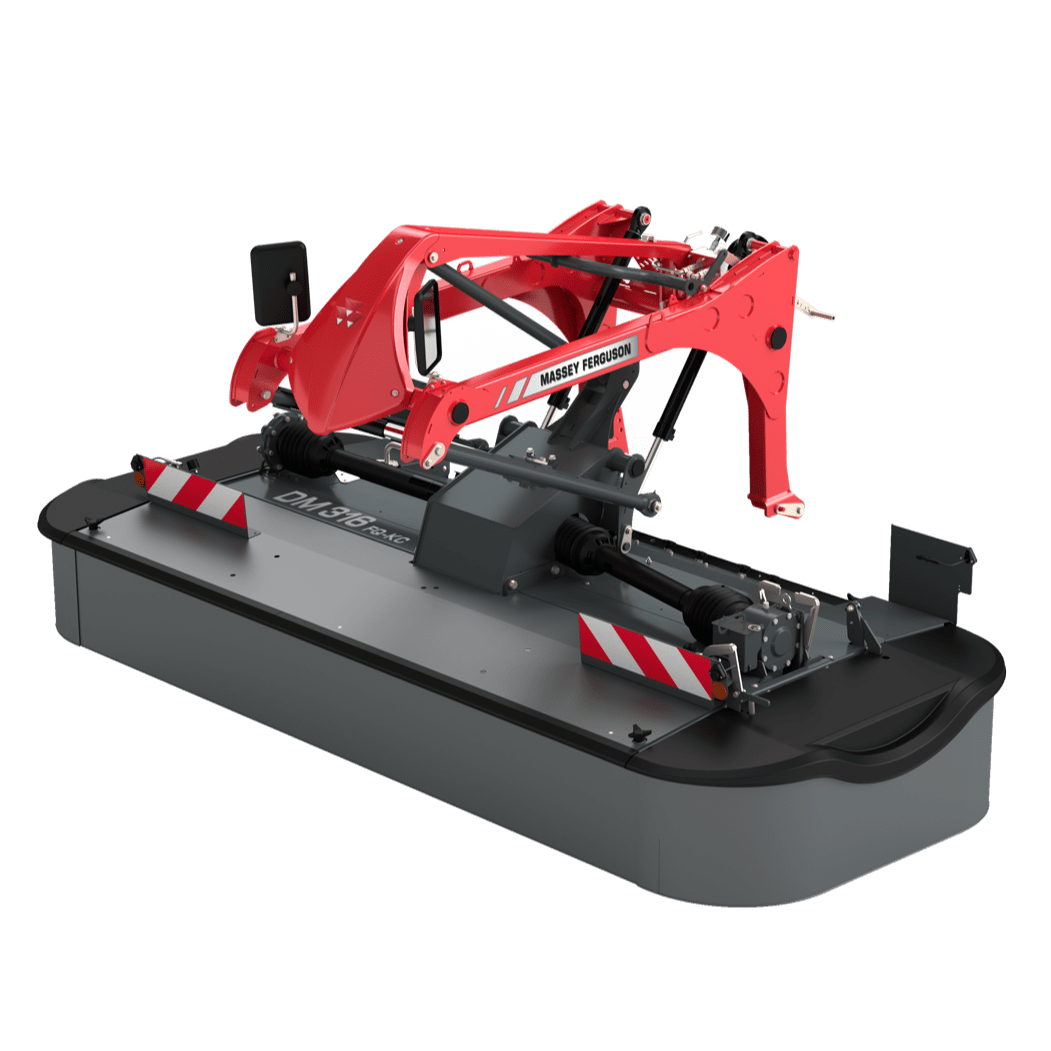
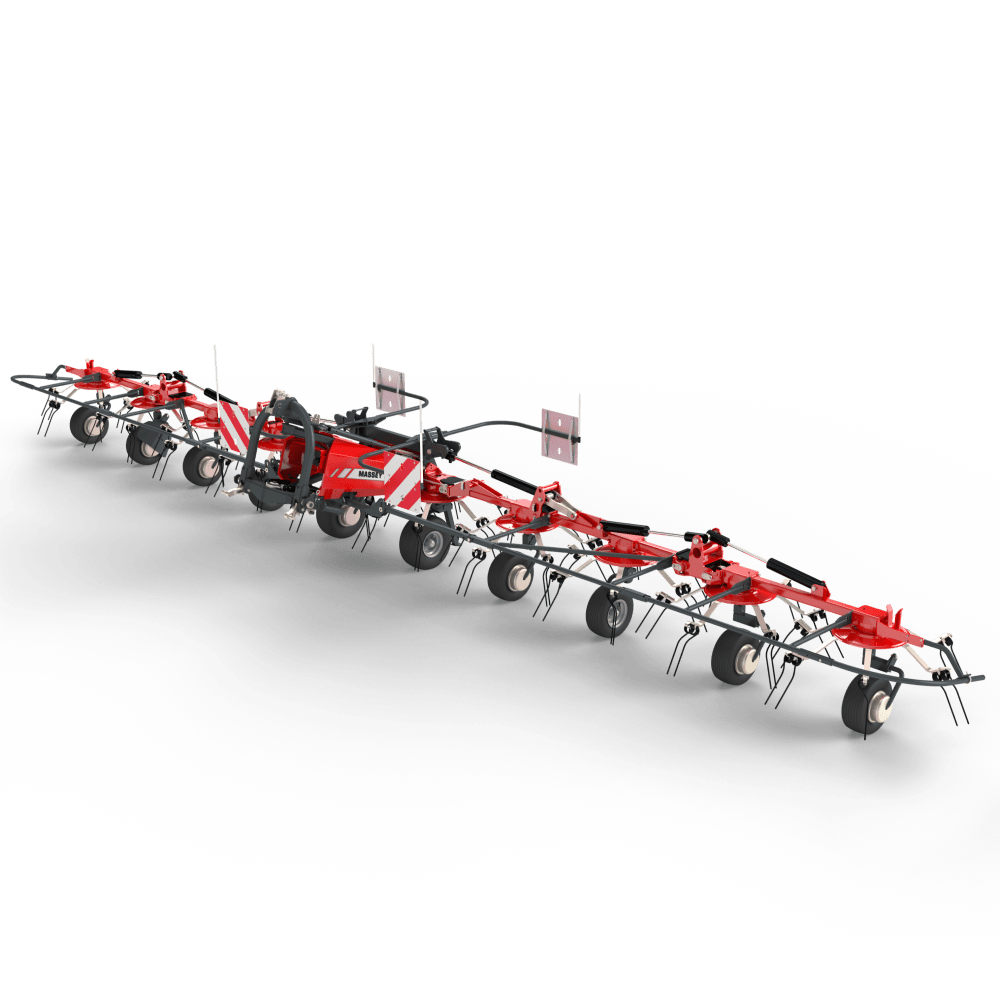
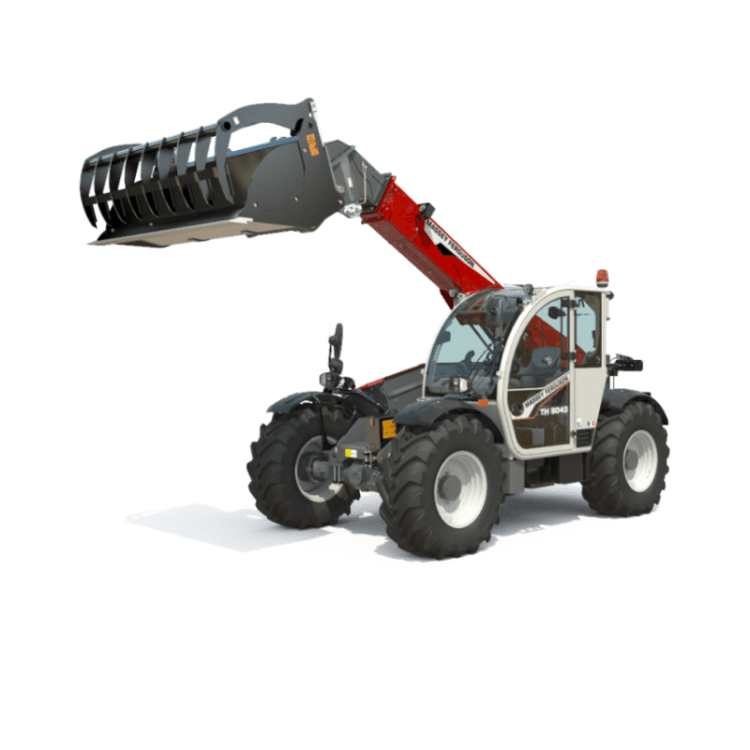

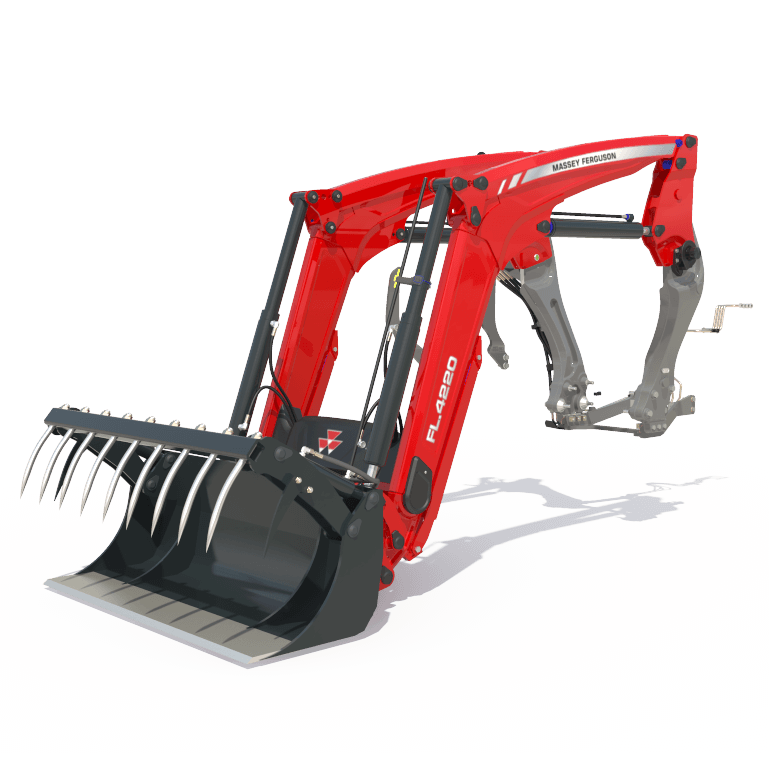
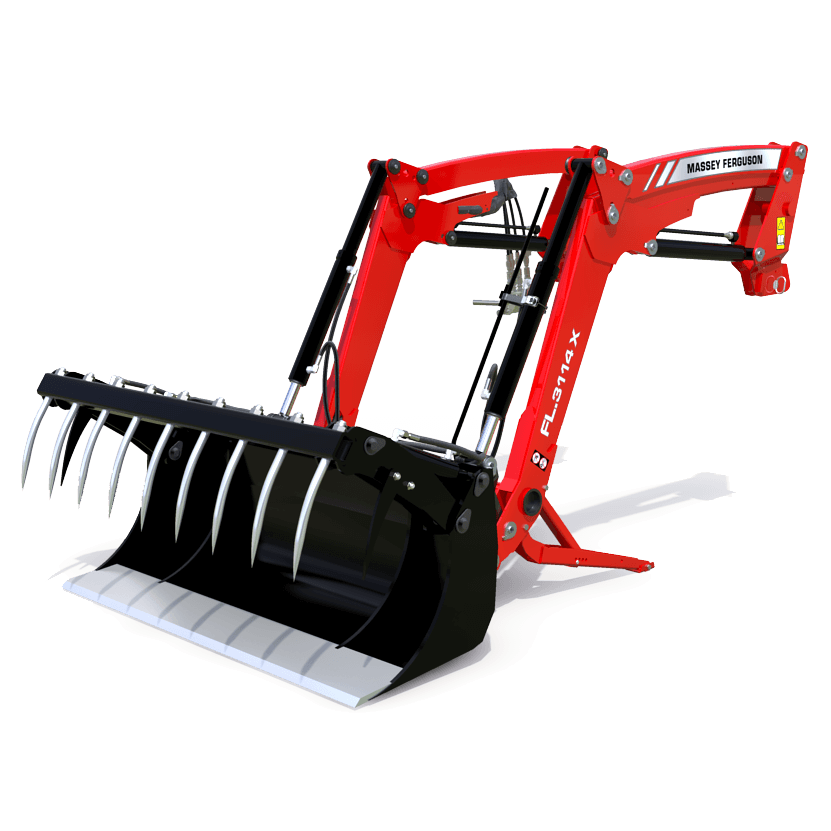
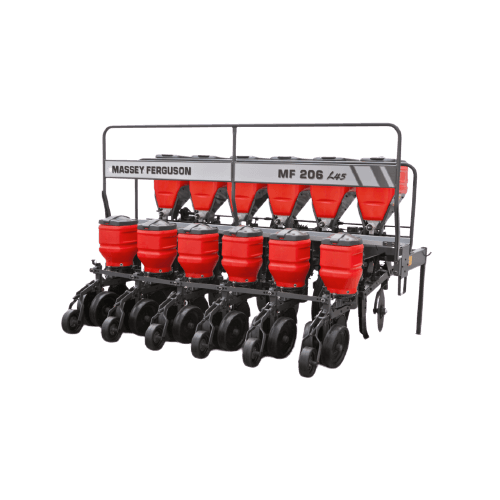
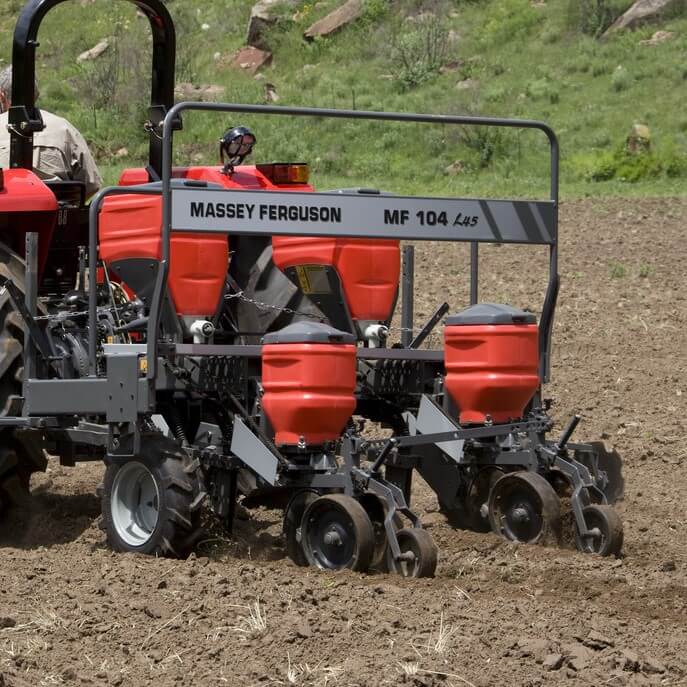
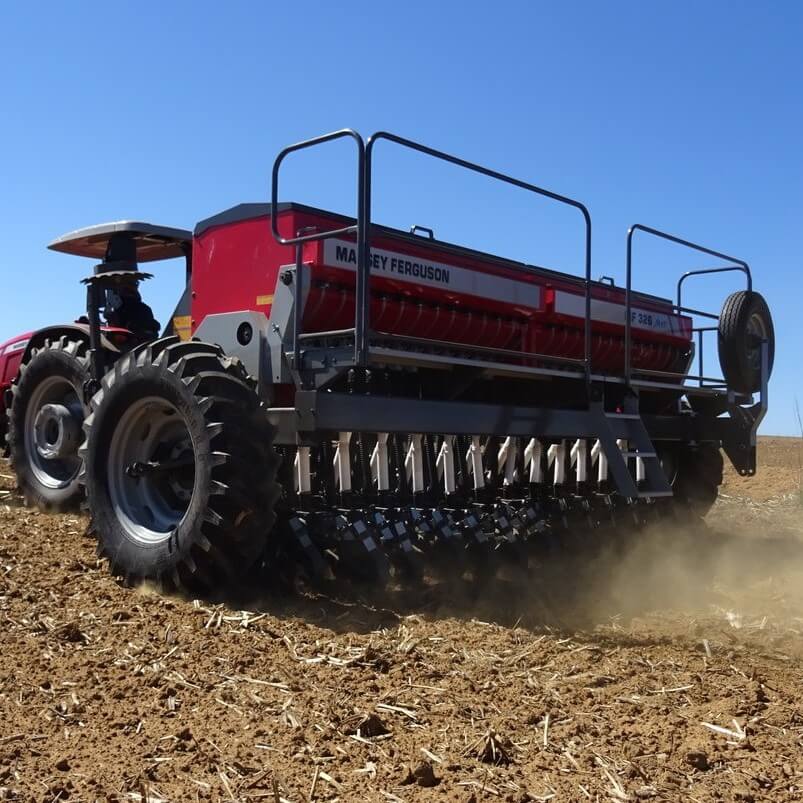
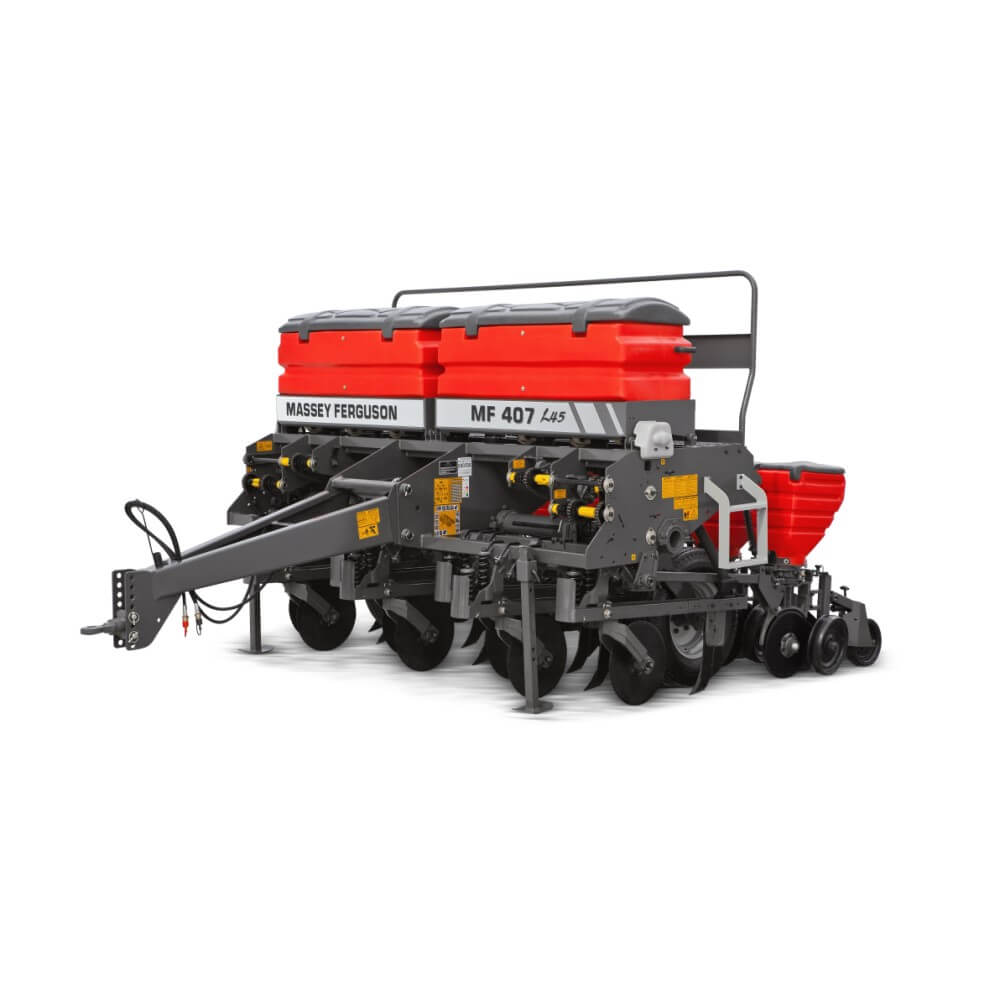
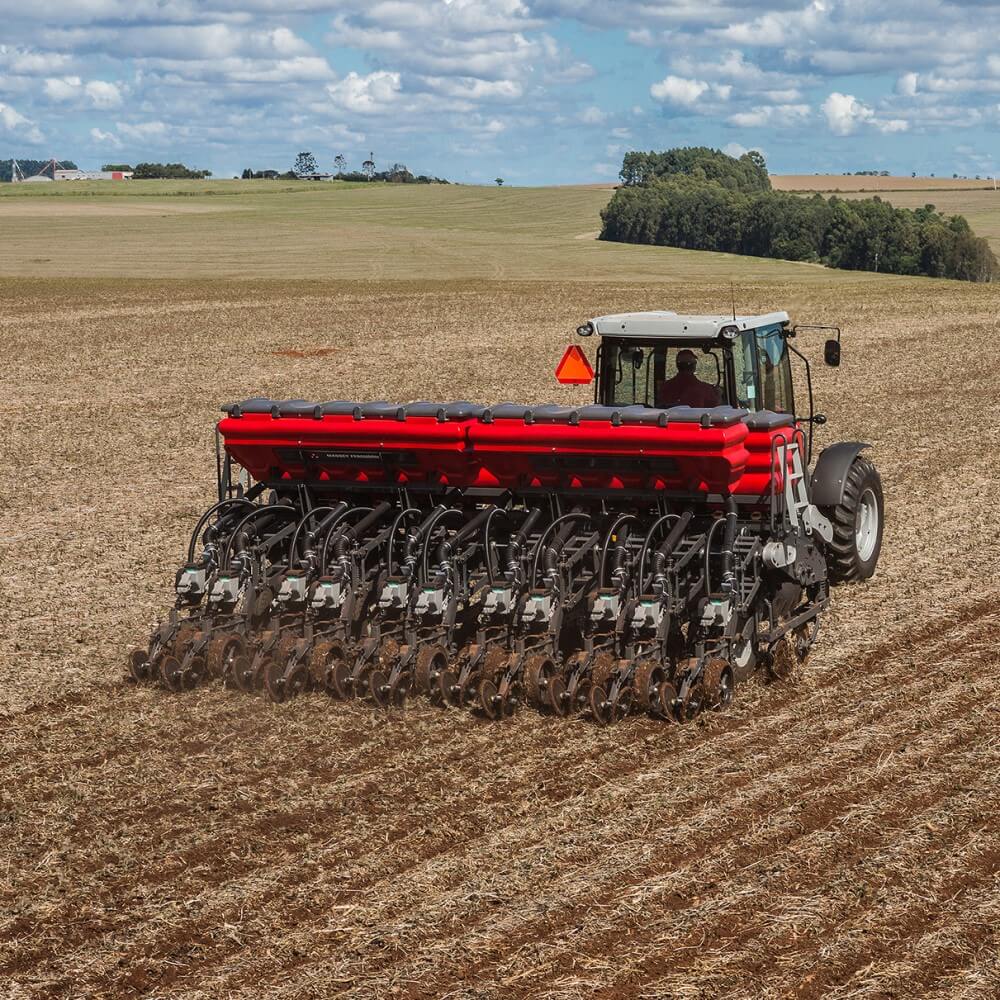
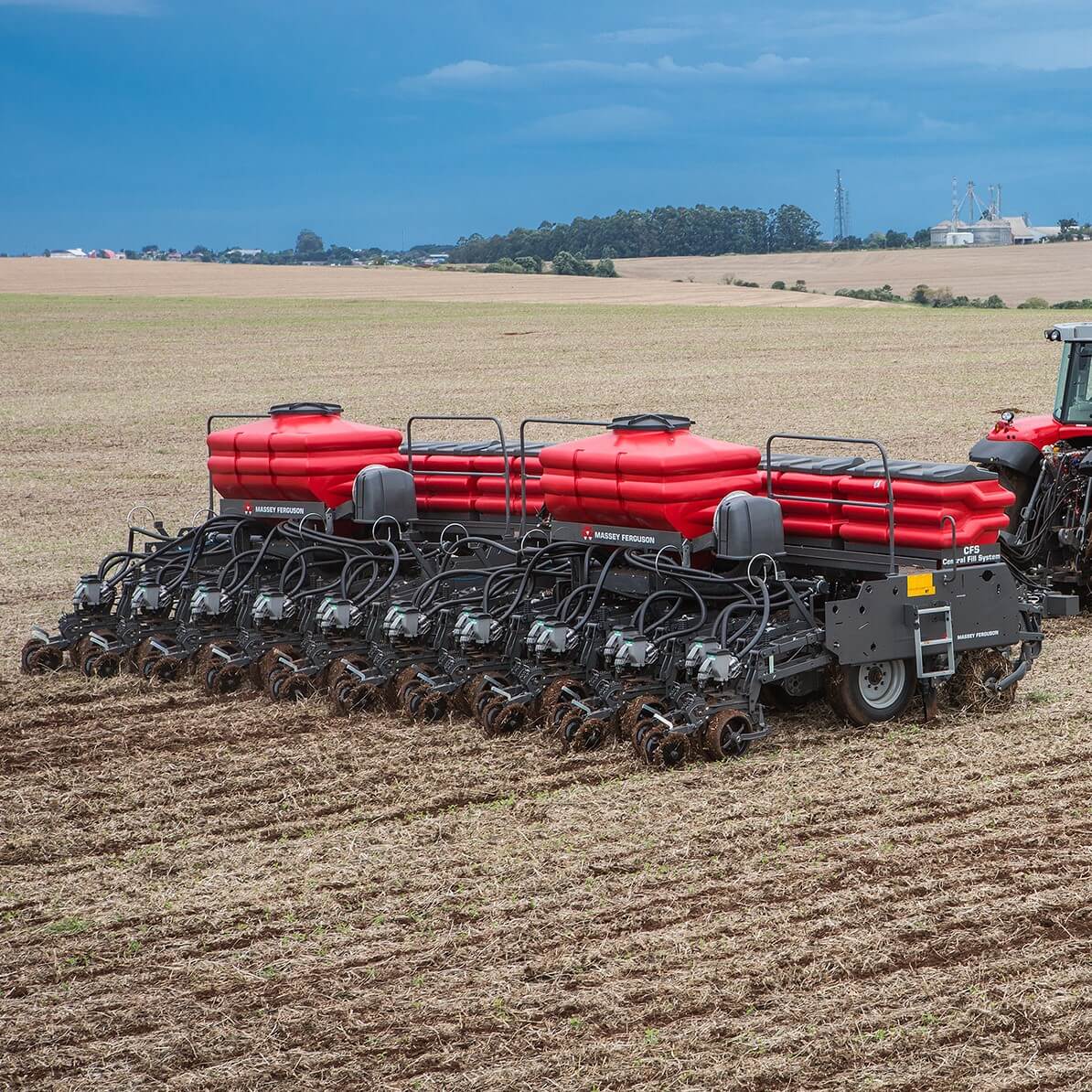
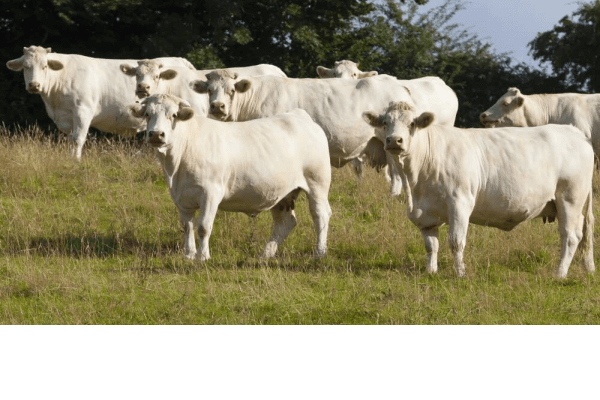
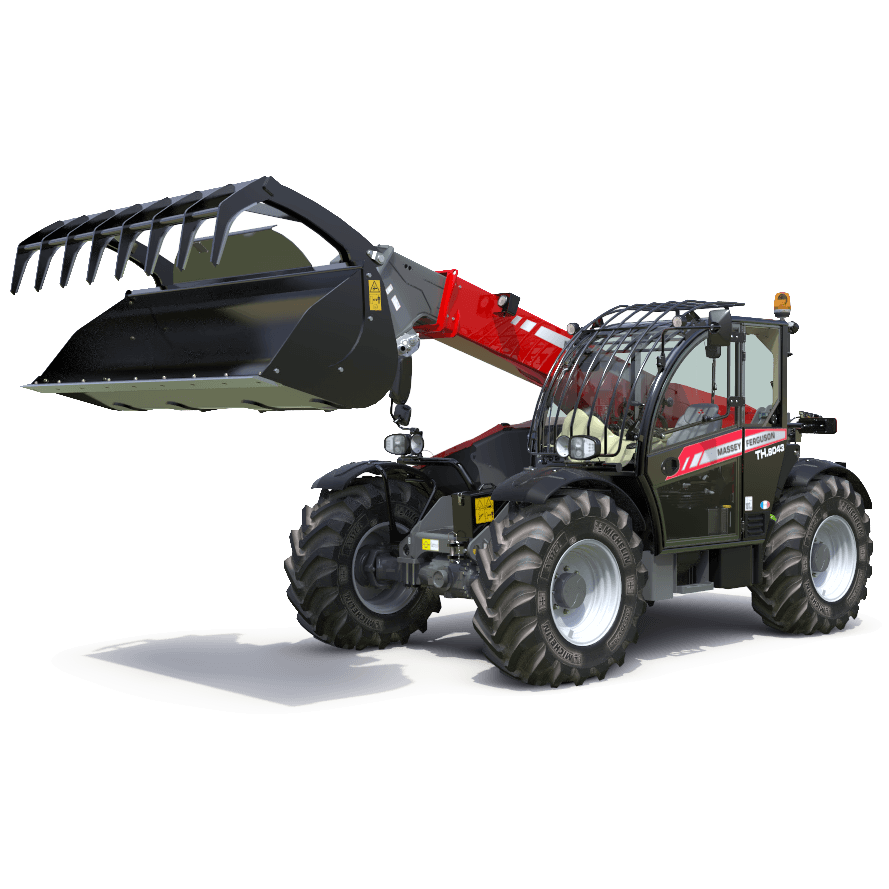
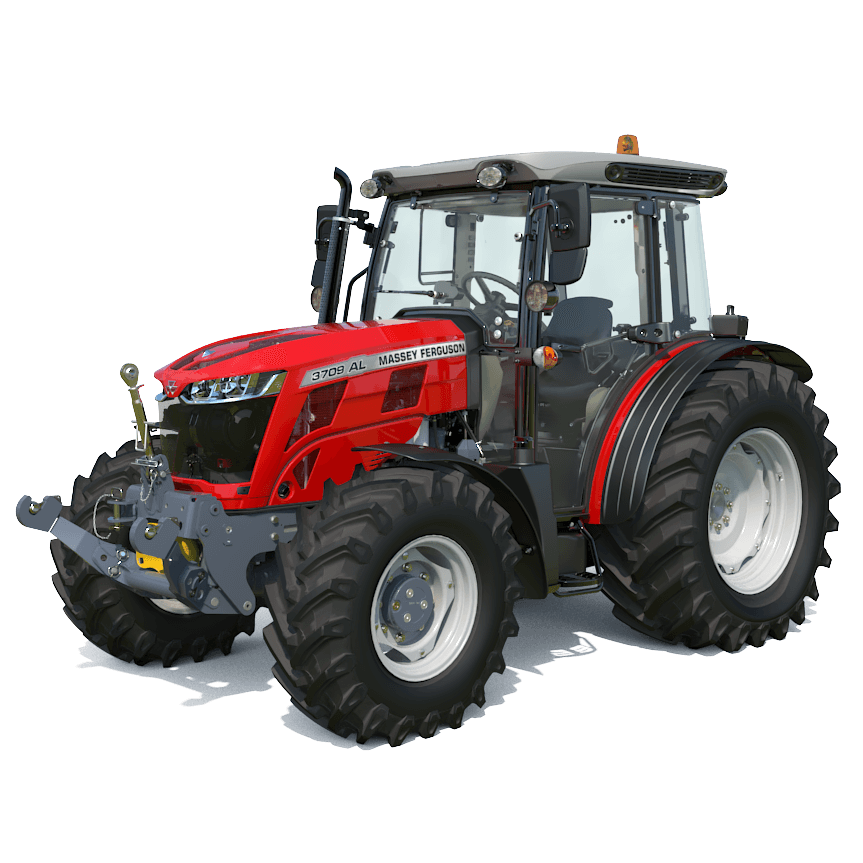
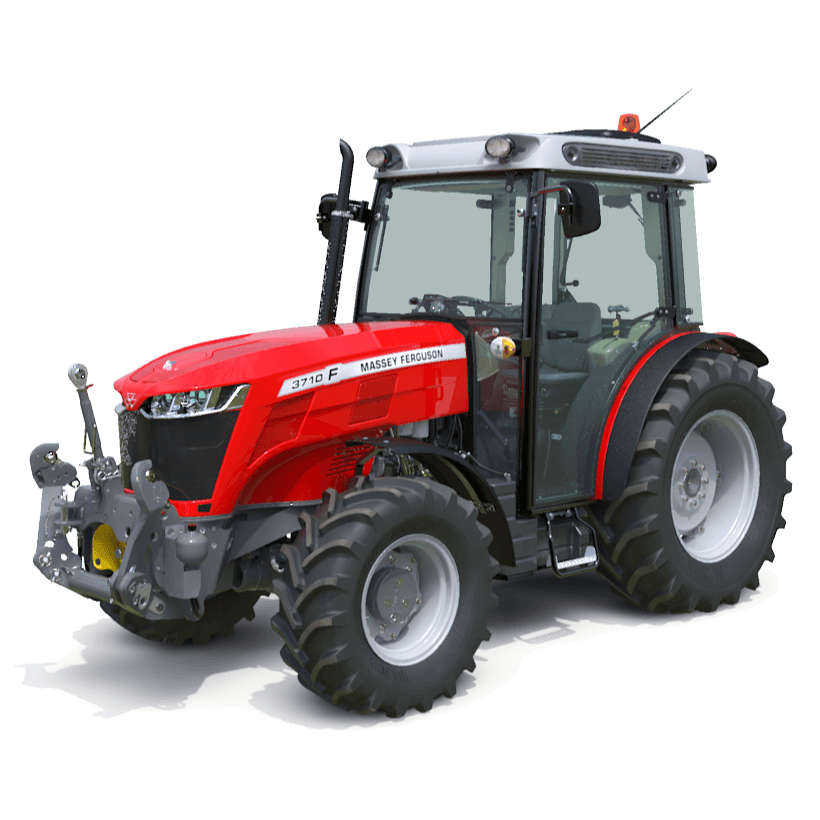
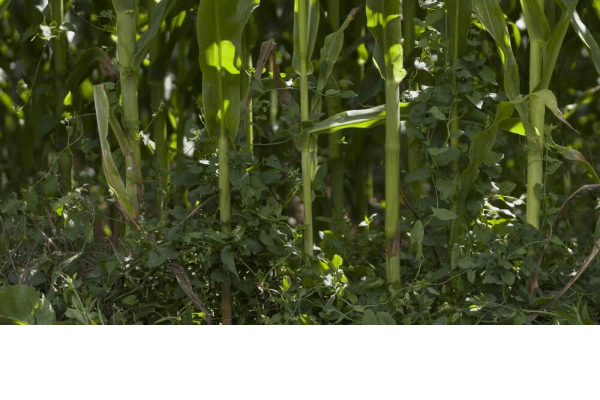
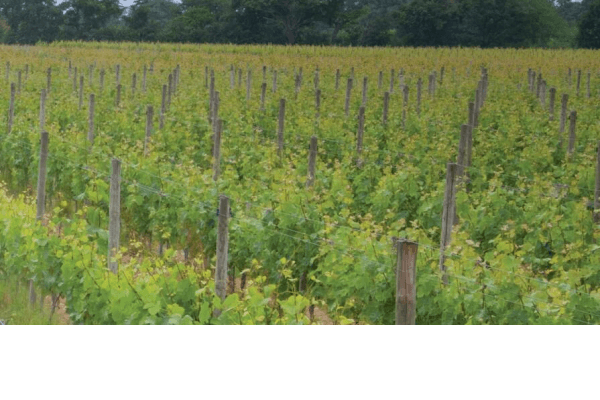
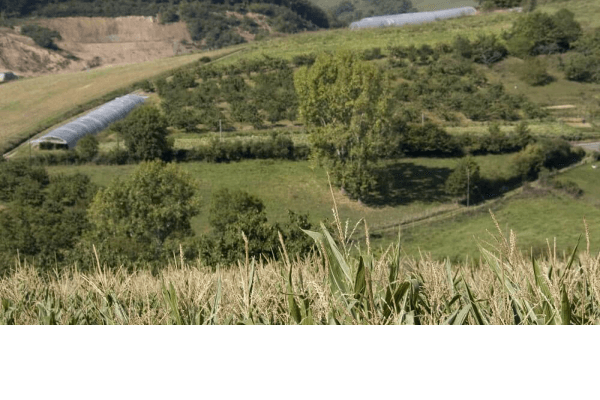
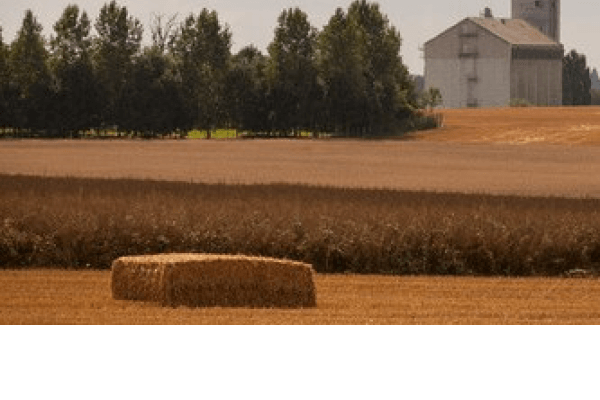

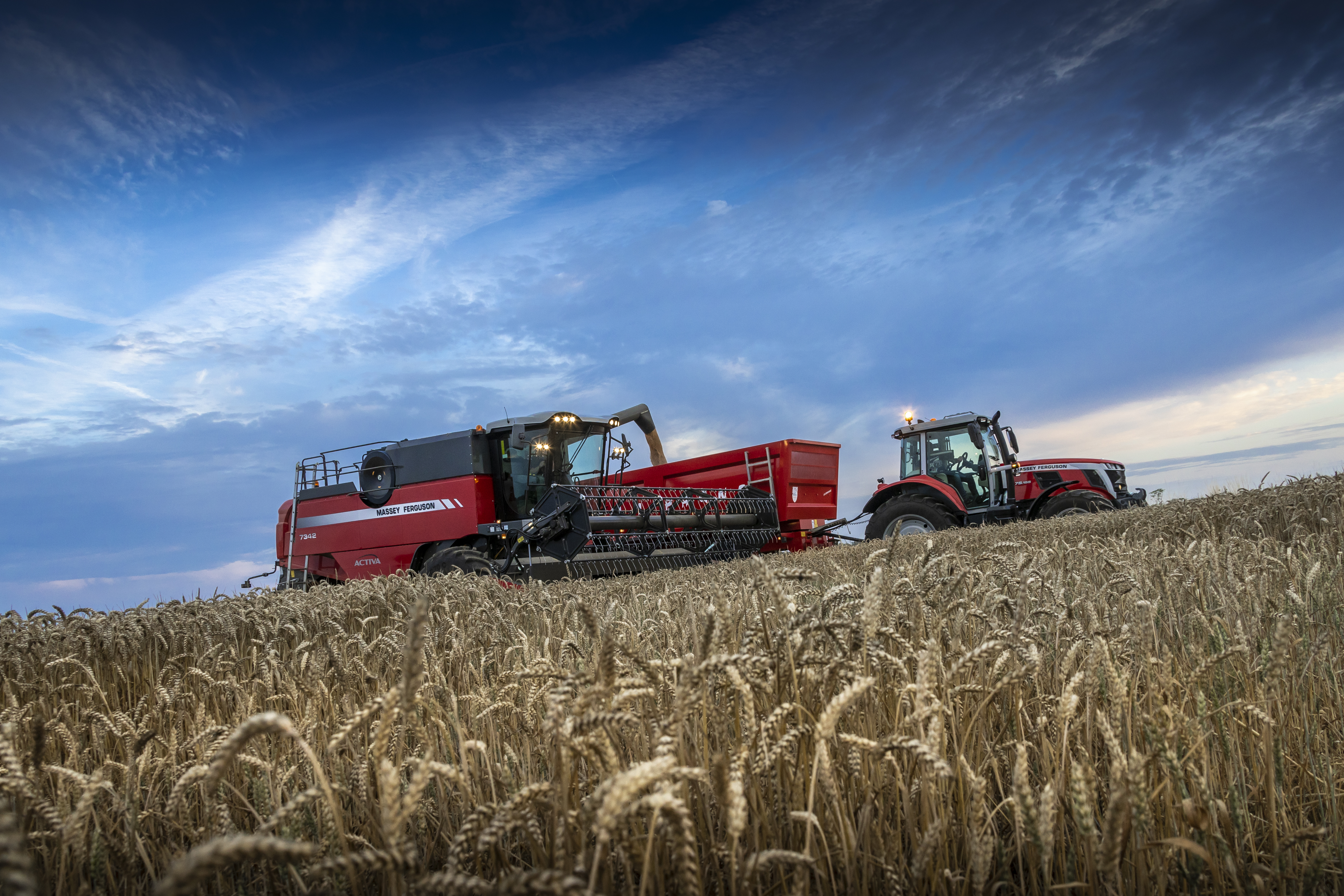
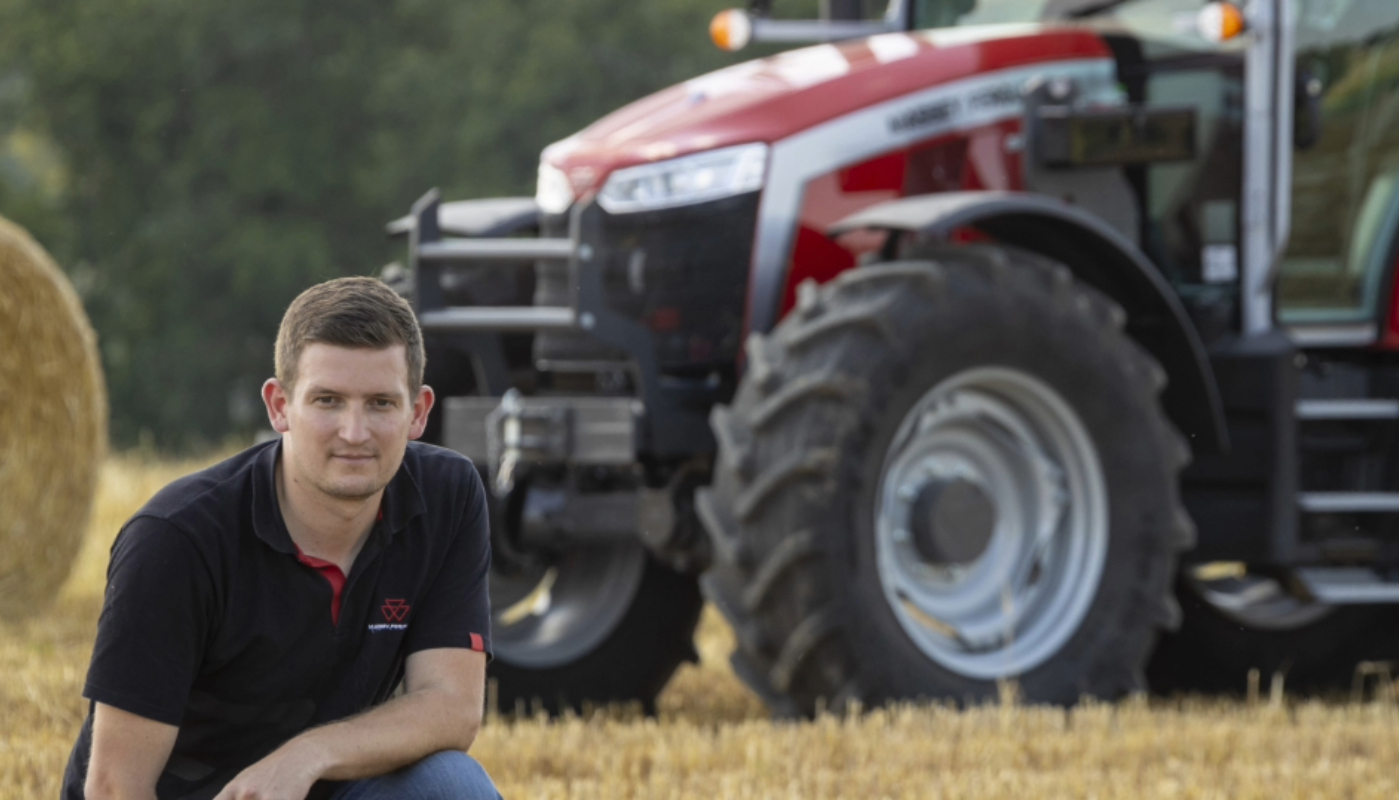

Share